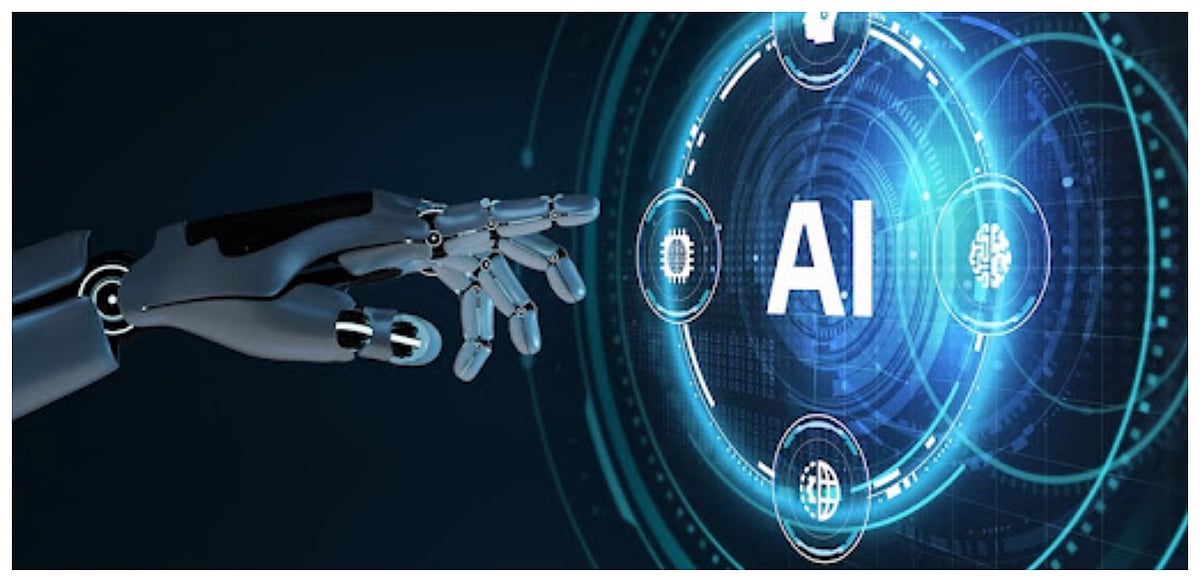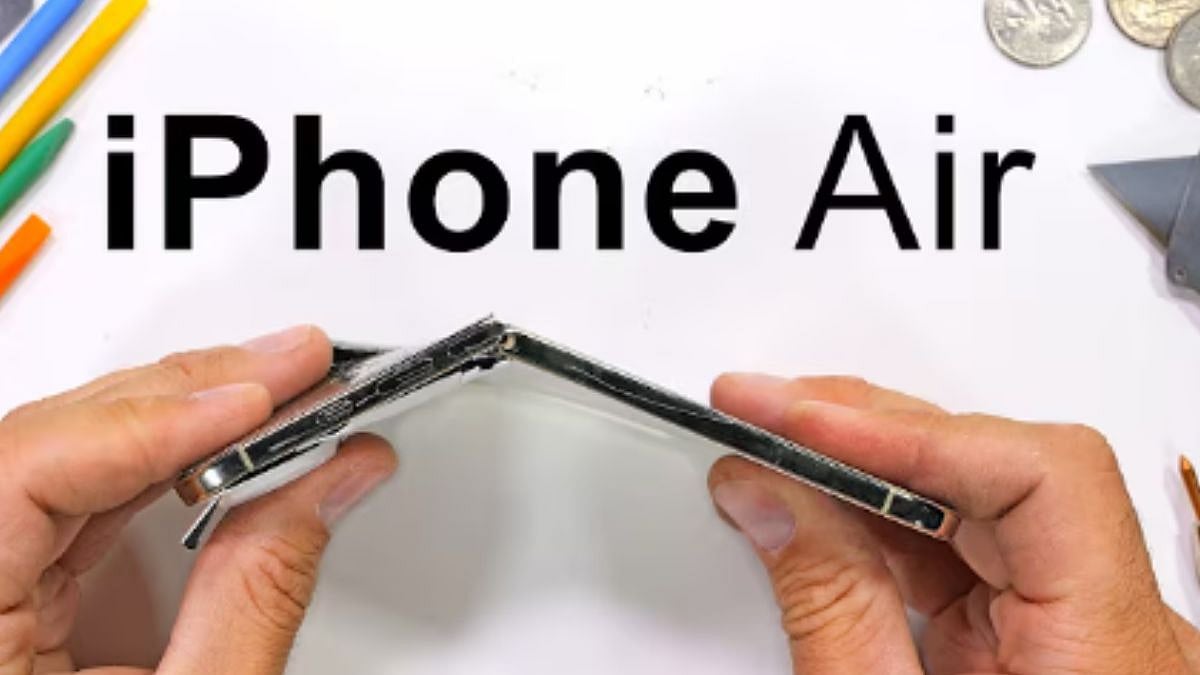OpenAI is reportedly accelerating plans to develop consumer AI hardware devices, increasingly plucking talent from Silicon Valley's most successful device maker, Apple, according to recent reports.
Tang Tan, Apple's former design executive, leads as Chief Hardware Officer at OpenAI, reporting to Sam Altman. The ChatGPT maker has been systematically recruiting from Apple's design and engineering teams as it prepares to launch its first consumer hardware products.
The company has secured manufacturing partnerships with key Apple suppliers. OpenAI has signed a manufacturing agreement with Luxshare to build its first consumer hardware product, while also working with Goertek, which assembles the AirPods, HomePods, and Apple Watches.
OpenAI's hardware ambitions center on multiple device categories. OpenAI is developing consumer AI hardware, including smart speakers, glasses, and wearables, with a potential 2026 launch. The company is also developing glasses, a wearable pin, and a digital voice recorder, with a target launch in late 2026 or early 2027.

The initiative involves a partnership with renowned designer Jony Ive, to "completely reimagine" how people interact with computers. In May, OpenAI acquired io Products, the hardware venture previously established by Altman and Ive.
The talent acquisition campaign comes despite ongoing business relationships between the companies. Since 2024, Apple has licensed OpenAI's models for Siri and its Image Playground app. They're even discussing a deeper tie-up for an overhauled Siri. Yet OpenAI is raiding Apple's workforce and suppliers at the same time.
The company's debut product, a screen-free AI speaker, is slated for 2026–2027, with additional wearables and accessories in development. The devices aim to leverage Apple's supply chain in China to manufacture these devices, positioning OpenAI to compete directly with established hardware manufacturers in the AI-powered consumer electronics space.








